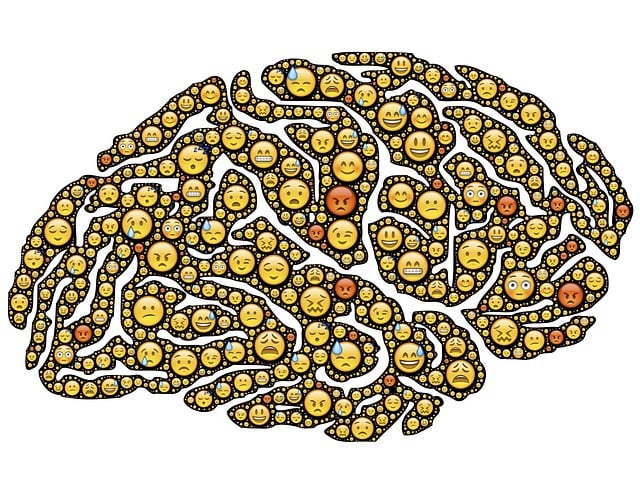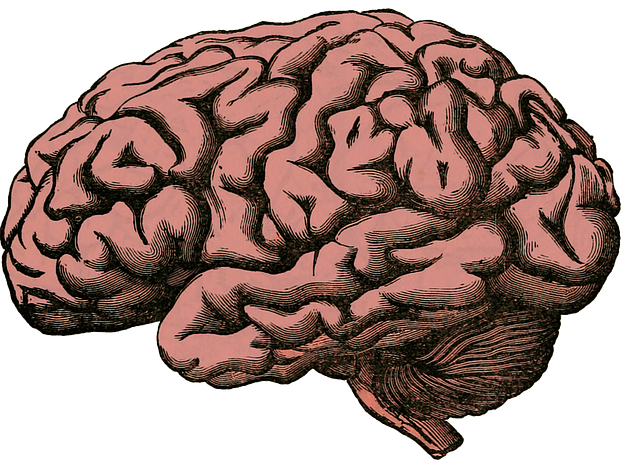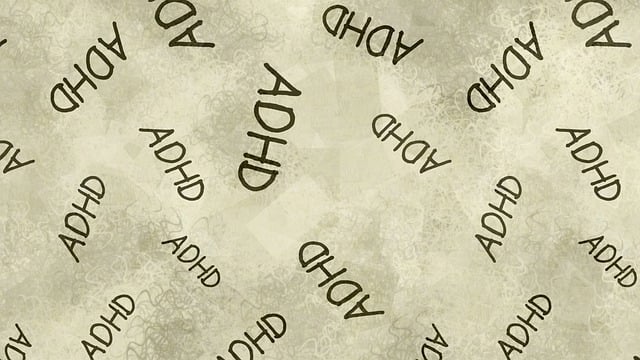Play therapy is a powerful tool for nurturing children's emotional well-being, enhancing social skills, and fostering peer interaction. Successful public awareness campaigns highlight play's therapeutic benefits, using visual elements and interactivity to educate diverse audiences about its value. These campaigns engage parents through interactive activities, self-awareness exercises, and social skills training, empowering them to support their child's mental health at home. Evaluating campaign impact through structured methods ensures the effectiveness of Children's Play Therapy, with long-term follow-ups confirming sustained benefits.
In today’s fast-paced world, public awareness about therapy for children’s play is more crucial than ever. This article delves into the essential components of developing effective public awareness campaigns centered around play therapy. From understanding the cornerstone role of children’s play therapy in emotional well-being to engaging parents and caregivers, each section offers strategic insights. We explore proven methods to measure impact, ensuring that awareness efforts translate into tangible benefits for young minds.
- Understanding Children's Play Therapy: A Cornerstone for Emotional Well-being
- Designing Effective Public Awareness Campaigns for Play Therapy
- Engaging Parents and Caregivers: Strategies for Success
- Measuring Impact: Evaluating the Effectiveness of Public Awareness Efforts in Children's Play Therapy
Understanding Children's Play Therapy: A Cornerstone for Emotional Well-being

Play therapy is a powerful tool for understanding and nurturing children’s emotional well-being. Through play, children express their feelings, process experiences, and develop essential social skills. This therapeutic approach recognizes that play is not merely entertainment but a fundamental way for kids to communicate, learn, and make sense of the world around them. By engaging in imaginative play, children can work through trauma, resolve conflicts, and manage emotions like anxiety, all while fostering a positive sense of self.
Healthcare providers, including psychologists and social workers, can play a crucial role in integrating play therapy into their practice, especially when addressing childhood mental health concerns. This involves not only using toys and games as therapeutic aids but also developing cultural competency to meet the unique needs of diverse populations. Incorporating social skills training within play therapy sessions can further enhance children’s ability to interact with peers, fostering a sense of belonging and reducing social isolation.
Designing Effective Public Awareness Campaigns for Play Therapy

Designing effective public awareness campaigns for play therapy involves understanding both its benefits and the specific needs of children’s mental health. Play is a powerful tool for emotional regulation, allowing young individuals to express themselves, process experiences, and develop essential life skills. By integrating these insights into campaign messaging, educators can effectively communicate the therapeutic value of play. Incorporating visual elements, engaging narratives, and interactive components can enhance accessibility and appeal to diverse audiences.
Focusing on themes such as emotional well-being promotion techniques and mental health education programs design, campaigns can dispel misconceptions about therapy for children’s play while encouraging parents and caregivers to prioritize their offspring’s psychological development. Emphasizing the natural and playful approach of therapy helps to normalize the concept, fostering a supportive environment where emotional expression is valued and nurtured.
Engaging Parents and Caregivers: Strategies for Success

Engaging parents and caregivers is a vital strategy in successful public awareness campaigns for children’s mental health. Play therapy sessions can serve as an effective platform to involve them, offering a fun and non-threatening environment to learn about their child’s emotional well-being. By incorporating interactive activities and games, therapists facilitate conversations that might otherwise be challenging to initiate. This approach not only educates parents about common childhood issues but also equips them with the tools to support their child’s mental health at home.
Additionally, integrating self-awareness exercises tailored for caregivers can foster a sense of community and shared understanding. These exercises encourage parents to reflect on their own emotional states, helping them recognize how their feelings might impact their children. Social skills training, another valuable component, enables caregivers to develop effective communication strategies, ensuring they can sensitively address any mental health concerns that arise during play therapy sessions. Through these comprehensive methods, campaigns can effectively empower parents and caregivers to actively contribute to their children’s overall well-being.
Measuring Impact: Evaluating the Effectiveness of Public Awareness Efforts in Children's Play Therapy

Measuring the impact of public awareness campaigns in children’s play therapy is crucial for evaluating their effectiveness and ensuring they meet their intended goals. By implementing structured evaluation methods, therapists and organizers can gain valuable insights into how these initiatives influence young minds. One effective approach involves assessing changes in behavior and attitudes before and after participation in play therapy sessions that incorporate empathy building strategies and compassion cultivation practices.
Through surveys, interviews, and observation, researchers can gauge improvements in children’s emotional intelligence, social skills, and mental health awareness. These assessments help identify which aspects of the campaign resonate most with children, allowing for tailored adjustments to future initiatives. Moreover, tracking long-term effects through follow-up studies ensures that the benefits of play therapy persist, fostering a sustainable impact on children’s overall well-being.
Public awareness campaigns play a pivotal role in promoting Therapy for Children through Play Therapy. By understanding the emotional well-being benefits, designing engaging campaigns, implementing effective strategies to reach parents and caregivers, and meticulously evaluating impact, we can ensure that more children access this vital therapeutic approach. These efforts collectively contribute to creating a healthier and happier future for our young ones.













